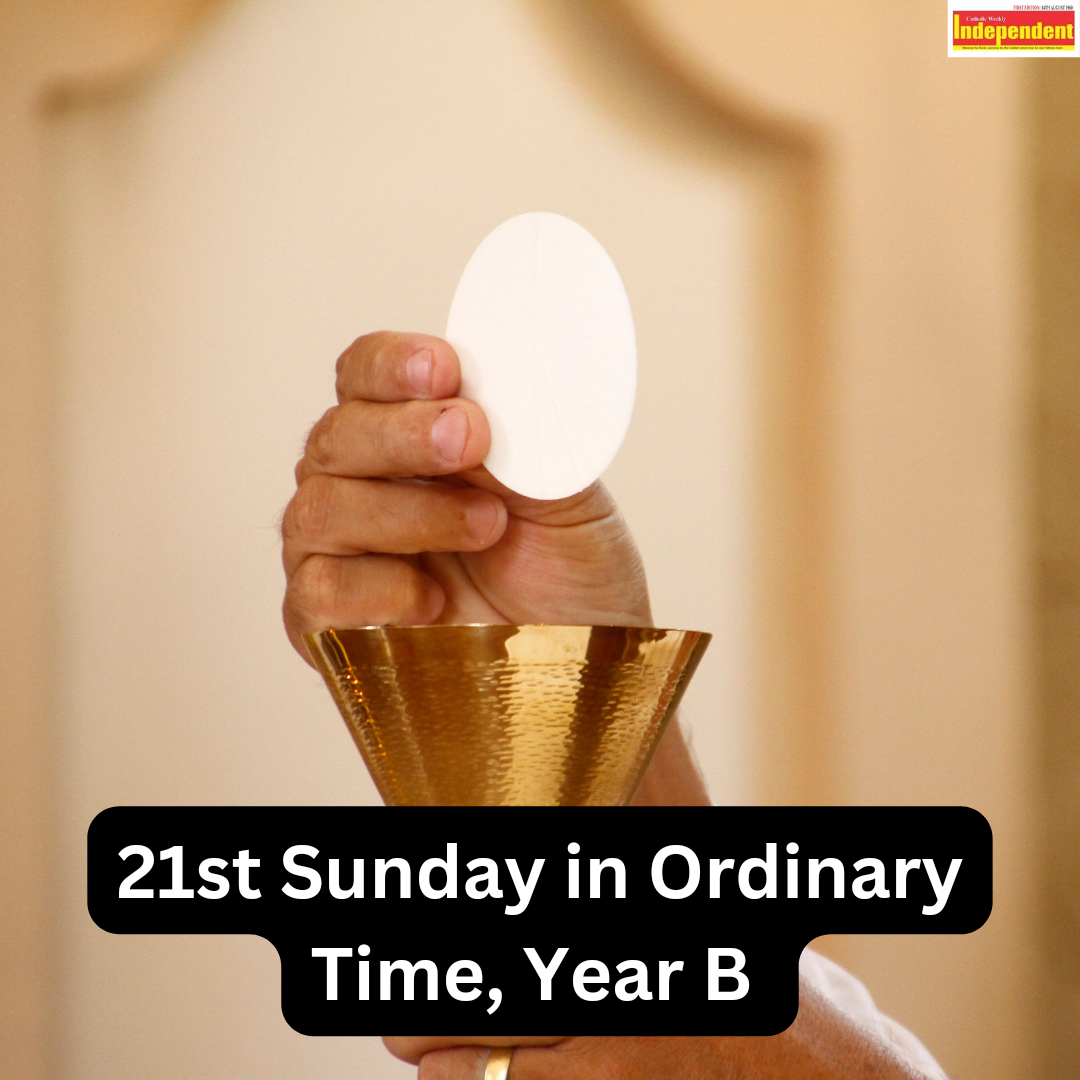
Look Beyond What You Eat and Drink
Joshua summoned all the elders, judges, leaders, and heads of Israel at Shechem, where Abraham, the first trustee of God's covenant with His people, settled upon his arrival in Canaan and where God appeared to him.
This location was also near Mounts Gerizim and Ebal, where the people had renewed their covenant with God when they first entered Canaan. Joshua reminded them of the promises God had made to their fathers and of the promises they themselves had made to God.
Joshua spoke to them, saying, "If you are unwilling to serve the Lord, choose this day whom you will serve, whether the gods your fathers served in the region beyond the River, or the gods of the Amorites in whose land you dwell.
But as for me and my family, we will serve the Lord." With this, they were reminded of the wonders the Lord had done for them, and they returned to the God of their fathers.
Joshua directed their thoughts through his open declaration that he and his family would serve the Lord. Though he was a ruler and a judge in Israel, he did not use his necessary attention to public affairs as an excuse to neglect family religion.
He did not say, "As for my house, without me." He was part of the faith, not like some who wish their children and servants to be good but are not good themselves.
This should be a lesson to us, especially those who have many under their care, who are leaders in religious groups, or who are leaders in any place or institution. We must take special care of those under our watch. We must be able to choose God alongside them, above all else.
In today's Gospel, the gathering murmured at the words of Christ because they understood His words literally, as not practicable. Perhaps if they had been humble enough to ask Christ to explain His words, they would have understood, but they were unwilling.
He then gave them a hint of His ascension into heaven, which would provide irresistible evidence of the truth of His teaching.
He also said, "No one can come to me unless the Father draws him," knowing that until His Father draws our souls and gives us grace, strength, and a pure heart, we cannot follow Him.
This led to the question He asked His apostles, "What are you waiting for? Go, if you wish to leave," because He will never detain anyone against their will.
Simon Peter then answered, "Lord, to whom shall we go? You have the words of eternal life; and we have believed, and have come to know, that you are the Holy One of God."
This should be our word today as well—Lord, to whom shall we go? Should we go back to a world full of deceit? Should we return to our lives of sin? Should we leave this fountain of living water for the world's fountain of sorrow?
Let us also ask ourselves: where do we place God in our lives? Is God truly the Lord of our lives? Is He the one we seek in both good and difficult times? Is He the God we worship in joyful and sad moments? When we walk with God all the days of our lives, He will be with us when we are confused, and He will carry us during the difficult parts of our journey.
In conclusion, St. Paul teaches and enlightens us about the love that must exist between spouses. This love isn’t limited to marriage alone, but it is the love found in Jesus Himself—the one who loves us by giving His life unconditionally.
That is the love we are called to demonstrate towards God and our neighbors. When we do so, we too can say with Joshua a thousand times, "As for me and my house, we have chosen God—His ways, processes, and principles of love—which are the essence of life."
In fact, to love and serve God truly is the same as serving our neighbors genuinely, without counting the cost.



Leave a Comment